| |
| |
| |
| Presented By Better Medicare Alliance |
| |
| Axios Vitals |
| By Tina Reed ·Feb 18, 2022 |
| Happy Friday, Vitals readers. Today's newsletter is 688 words or a 3-minute read. 👉 Programming note: Vitals will not publish on Monday in observance of the Presidents Day holiday. We'll be back in your inboxes on Tuesday. |
| |
| |
| 1 big thing: America moves on |
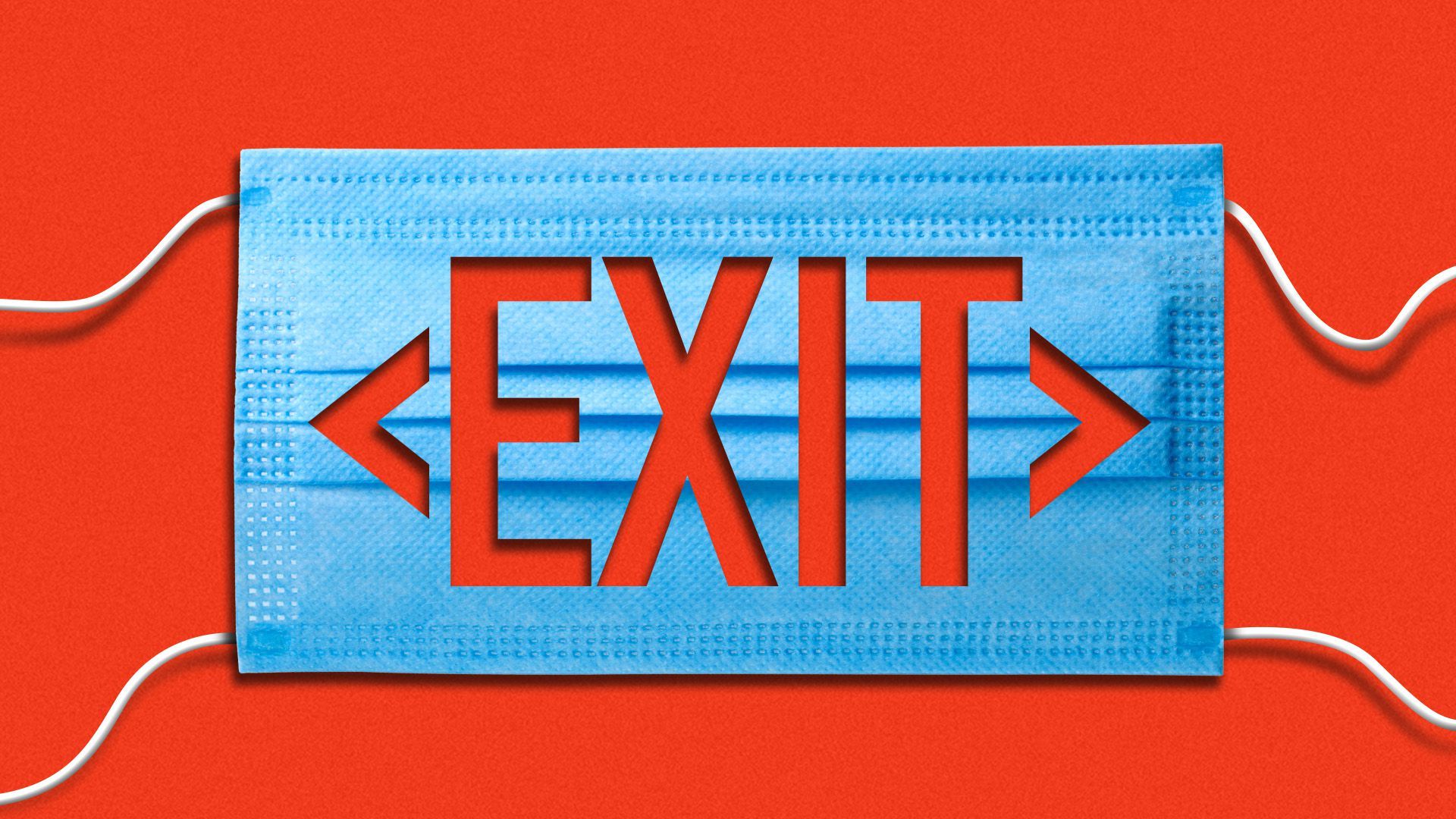 |
|
| Illustration: Sarah Grillo/Axios |
| |
| America is accelerating toward a return to pre-pandemic life, though millions of people aren't yet comfortable abandoning pandemic precautions — or they feel downright threatened by the rapid reversal, Axios' Caitlin Owens writes. Why it matters: For the majority of Americans — particularly vaccinated ones — the virus no longer poses a severe threat to their health, at least for now. But that isn't uniformly true. Driving the news: Businesses and policymakers across the country are removing mask and vaccine mandates, loosening COVID protocols and encouraging more in-person interaction. - Governors — including from many blue states — are lifting mask mandates, as are some school districts. D.C. has also lifted its vaccine mandate, and California yesterday announced plans for the virus' "endemic phase."
- Employers are also dropping mask mandates and, in some cases, setting return-to-work dates, AP reports. The CDC has hinted it'll soon revise its guidance as well.
- "We'll soon put guidance in place that is relevant and encourages prevention measures when they are most needed to protect public health and our hospitals," CDC director Rochelle Walensky told reporters earlier this week.
The other side: There are still millions of immunocompromised Americans for whom the vaccines don't offer adequate protection, as well as millions more unvaccinated and unboosted Americans who are still at risk of severe infections. Young children still aren't eligible for vaccines. - Many Americans who are immunocompromised or have high-risk health conditions feel left behind as the country returns to normal, the NYT reports.
What we're watching: The country is still under a formal Public Health Emergency until April. If the administration declines to extend it again, that will have big implications, including for the health system and the Medicaid program. Read the rest. |
    |
| |
| |
| 2. Travel nurse firm cashes in |
 Data: Company filings; Chart: Thomas Oide/Axios AMN Healthcare, one of the largest health care staffing firms, reported record travel nurse revenue and profits last year, especially in the fourth quarter, Axios' Bob Herman writes. Why it matters: The Omicron variant battered hospital staffs, especially nurses, and pushed hospitals to pay up for whatever help they could get — and those same forces benefited companies that place traveling nurses. - By the numbers: AMN's business that places travel nurses recorded more than $1 billion of revenue in the fourth quarter, more than double the amount from the same time in 2020 and the highest quarterly amount ever for AMN.
Go deeper. |
    |
| |
| |
| 3. Health care could face heightened cyber threats |
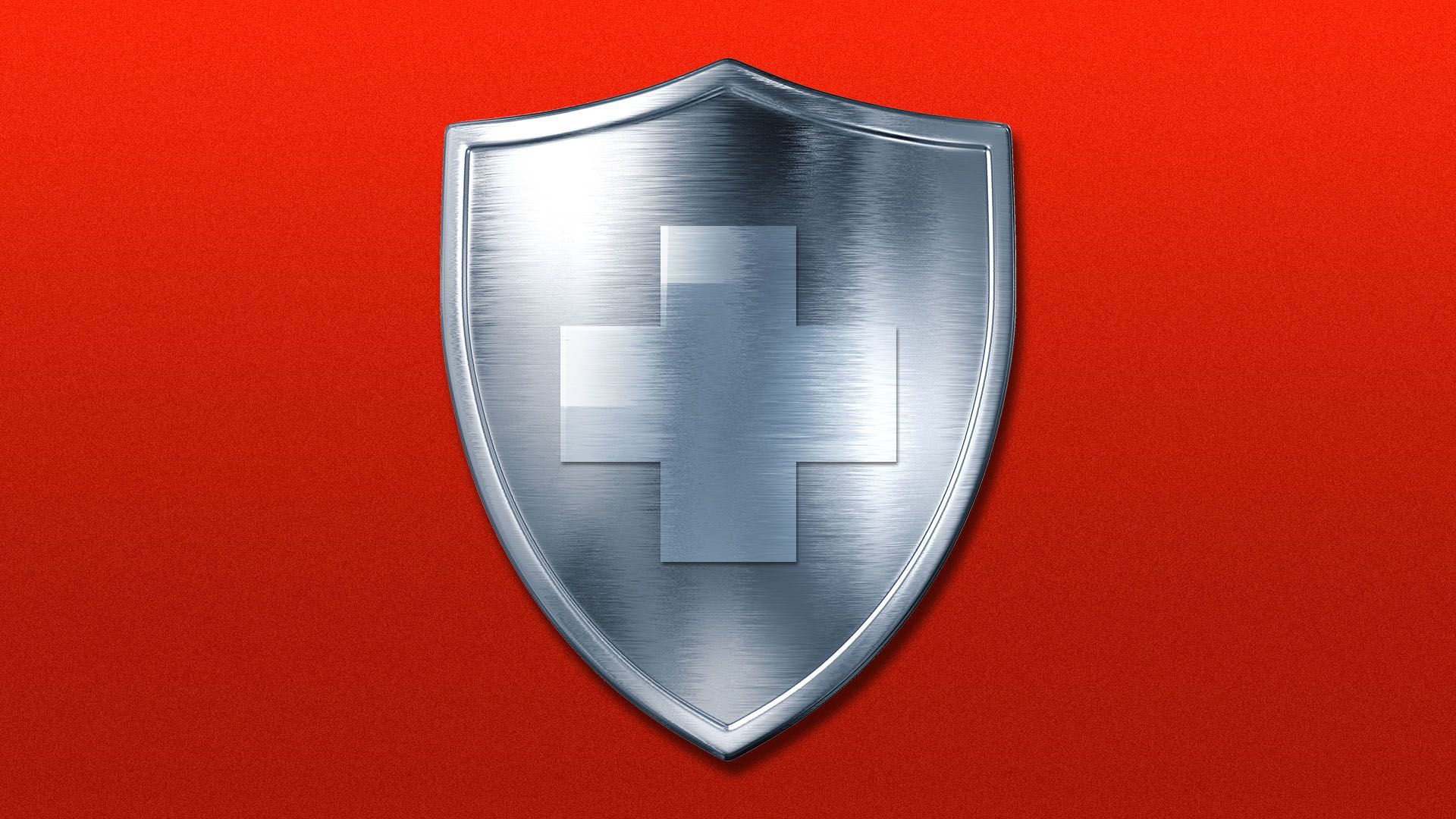 |
|
| Illustration: Sarah Grillo/Axios |
| |
| Federal officials issued alerts this week about the increased potential for cyber attacks against critical U.S. infrastructure targets as tensions escalate between Russia and Ukraine — and that includes health care. Why it matters: Cybersecurity is always important. But as health care continues to grapple with the strain of the pandemic, it could be particularly vulnerable to attacks, experts say. What they're saying: "Even before this escalation with Ukraine, I was seeing threat actors take advantage of COVID for ransomware attacks because hospitals were short-staffed, everyone was stressed, the hospitals' census population is super high," Heather Hughes, director of client engagement and solutions at cyber insurer Resilience, told Axios. - The use of staffing agencies also creates a prime environment for breaches, Hughes said.
What to watch: Federal warnings this week point specifically to concerns about spear-phishing emails, an area health care organizations are especially vulnerable to, said Sakthi Chandra, vice president of marketing for cybersecurity firm Armorblox. |
    |
| |
| |
| A message from Better Medicare Alliance |
| Congress sets a new, bipartisan record on Medicare Advantage |
| |
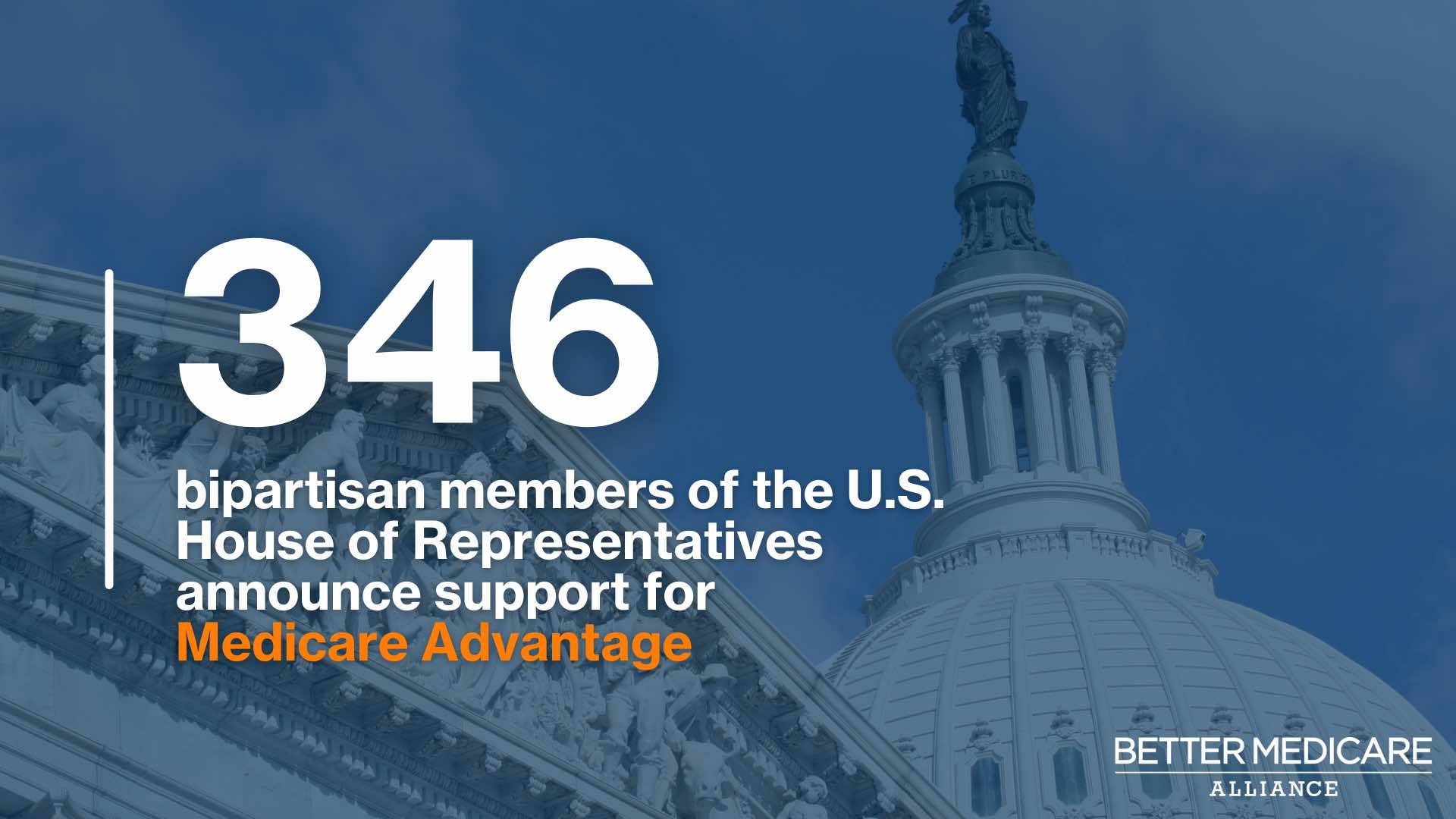 |
| |
| A record-setting 346 bipartisan members of the U.S. House — 80% of the chamber — sent a letter to the Biden administration supporting Medicare Advantage coverage. Why it's important: A new poll shows that 9 out of 10 seniors are satisfied with Medicare Advantage. Get the details. |
| |
| |
| 4. Geek Squad, but for home care |
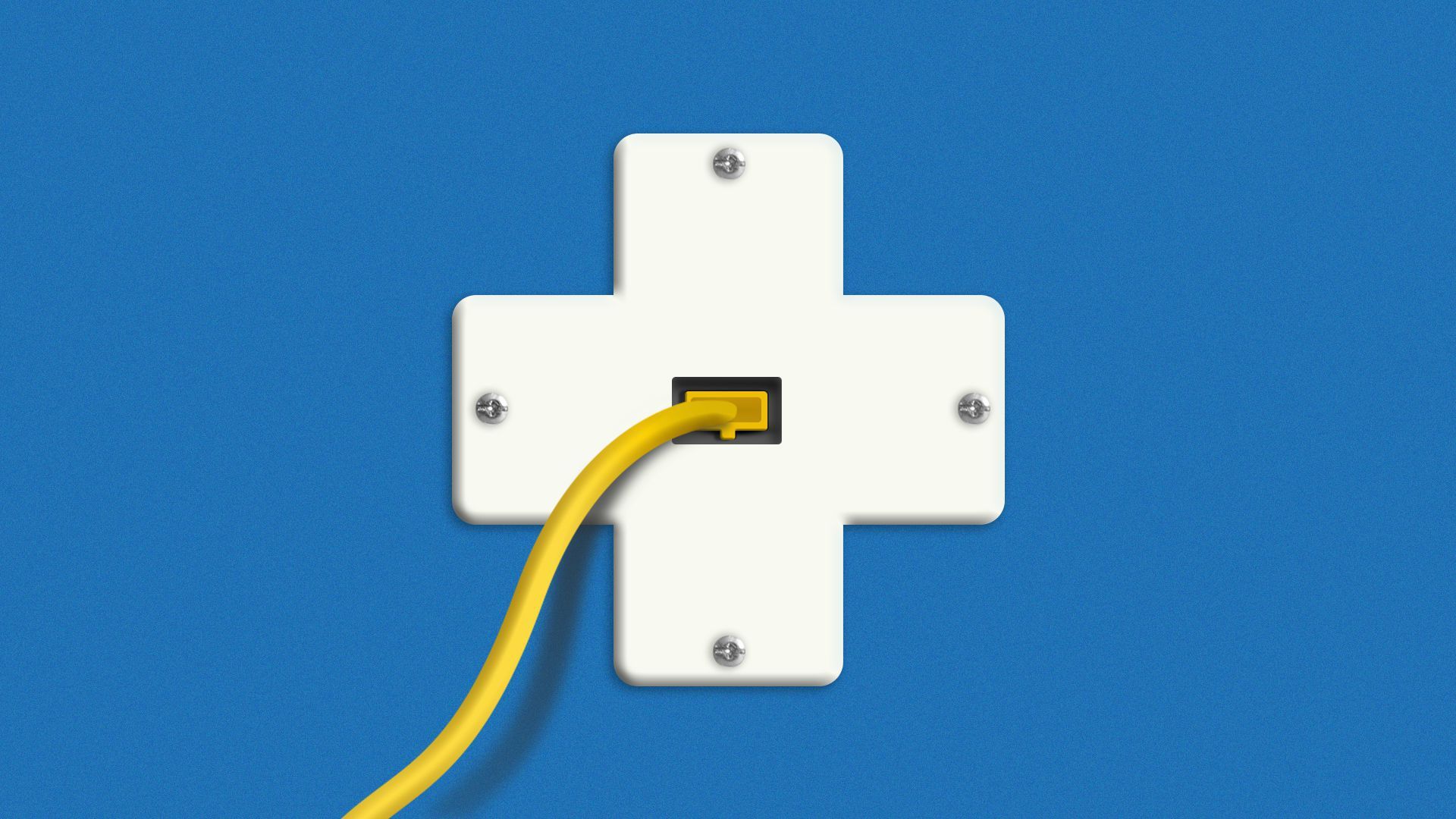 |
|
| Illustration: Gabriella Turrisi/Axios |
| |
| "There's a very natural strategy we've seen a number of big organizations take moving into health care, whether it's Walmart, Dollar General, CVS or Amazon. They've got this incredible footprint and they're saying, 'Let's use it to deliver care.'" — Adam Wolfberg, chief medical officer of Current Health told Axios' Erin Brodwin this week about the company's acquisition last fall by Best Buy and the growth of the home care tech delivery industry. Go deeper. |
    |
| |
| |
| 5. Dog of the week |
 |
|
| Spaghetti. Photo: Wallis Annenberg Pet Space |
| |
| Meet Spaghetti, an adorable little rescue pup at Wallis Annenberg PetSpace pet adoption center in Los Angeles. - She went viral recently in a TikTok video of her "finding her voice during a routine medical exam," wrote Vitals reader Misty Espinoza, who is the communications manager at the center.
- Spaghetti's mom Penne, a stray, gave birth to four puppies, including Capellini, Ziti, and Rigatoni. Those names are fantastic.
|
    |
| |
| |
| A message from Better Medicare Alliance |
| Take note: How health care can be bipartisan |
| |
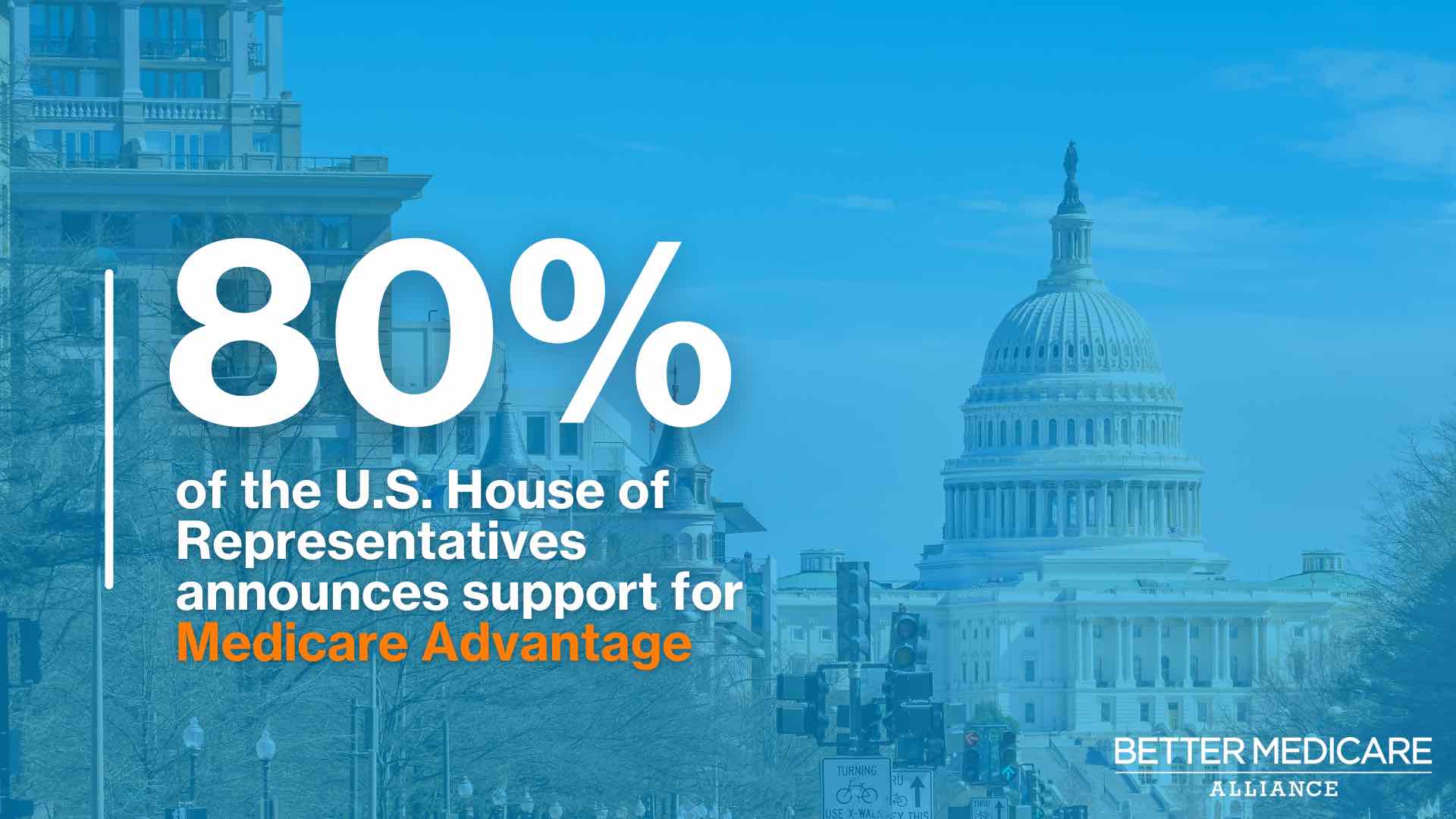 |
| |
| Bipartisan consensus can sometimes seem elusive in Washington, but 346 House Democrats and Republicans proved it's still possible. Here's how: The bipartisan members came together to declare support for Medicare Advantage in a new letter to the Biden administration. Read more. |
| |
| 🐶 Some fun news: They say if you want a friend in Washington, get a dog. Editor's note: The situational awareness in yesterday's intro has been corrected to state that Francis Collins will be the interim science adviser, not the interim NIH director. |
 | Bring the strength of Smart Brevity® to your team — more effective communications, powered by Axios HQ. | | |
No comments:
Post a Comment